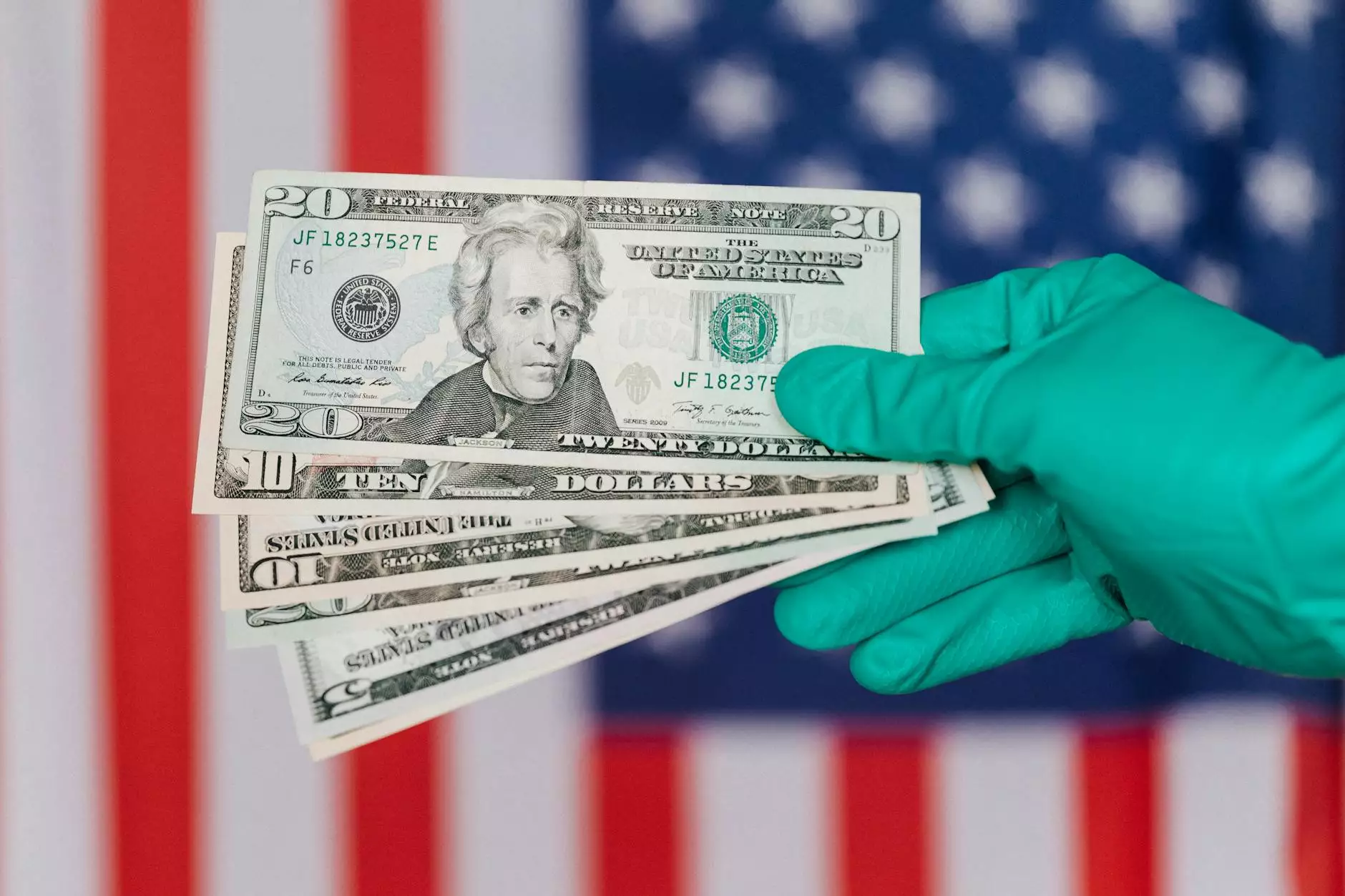The Risk of Cancer After Hysterectomy: A Comprehensive Guide

When it comes to women's health, understanding the potential risks associated with medical procedures is crucial. One such procedure that is commonly performed to address various gynecological conditions is a hysterectomy. This article delves into the topic of the risk of cancer after hysterectomy, focusing on valuable insights provided by the expert doctors at DrSeckin.com.
What is a Hysterectomy and Why is it Performed?
A hysterectomy is a surgical procedure that involves the removal of a woman's uterus. It is often performed to treat conditions such as fibroids, endometriosis, and uterine prolapse. In some cases, a hysterectomy may also involve the removal of the cervix and ovaries.
Understanding the Connection Between Hysterectomy and Cancer Risk
A topic of concern for many women considering a hysterectomy is the potential risk of developing cancer after the procedure. While it is true that the removal of certain reproductive organs can influence cancer risk, studies have shown that the overall risk of cancer after hysterectomy is not significantly increased.
Research suggests that the most important factor in determining the risk of cancer after hysterectomy is the presence of preexisting conditions or genetic predispositions. For example, women with a family history of ovarian or uterine cancer may have a higher risk even after undergoing a hysterectomy.
Reducing the Risk Through Expert Guidance
At DrSeckin.com, our highly skilled team of doctors specializing in gynecology and obstetrics are committed to providing personalized care and guidance to every patient. We understand the concerns surrounding cancer risk and take a proactive approach to minimize any potential risks.
We assess each patient's individual medical history, perform thorough screenings, and provide detailed consultations to ensure that our patients make informed decisions regarding their health. Our expert doctors have extensive experience in managing the risk of cancer after hysterectomy and are dedicated to providing the highest quality care.
Educating Patients on Cancer Prevention
While the risk of developing cancer after hysterectomy is generally low, it is essential to focus on overall cancer prevention strategies. At DrSeckin.com, we believe in empowering our patients with knowledge and promoting a comprehensive approach to healthcare.
In addition to regular screenings and check-ups, adopting a healthy lifestyle can significantly reduce the risk of various types of cancers. This includes maintaining a balanced diet rich in fruits and vegetables, engaging in regular physical activity, avoiding tobacco products, and practicing safe sun exposure habits.
Conclusion
Understanding the risk of cancer after hysterectomy is essential for women considering this procedure. While the overall risk is not significantly elevated, individual factors such as a family history of cancer can still play a role. By seeking expert guidance from the skilled doctors at DrSeckin.com, patients can make informed decisions and receive comprehensive care.
At DrSeckin.com, we prioritize the well-being of our patients and provide the highest level of medical expertise. Our team understands the complexities of the risk of cancer after hysterectomy and is committed to providing personalized care to every patient that walks through our doors.









